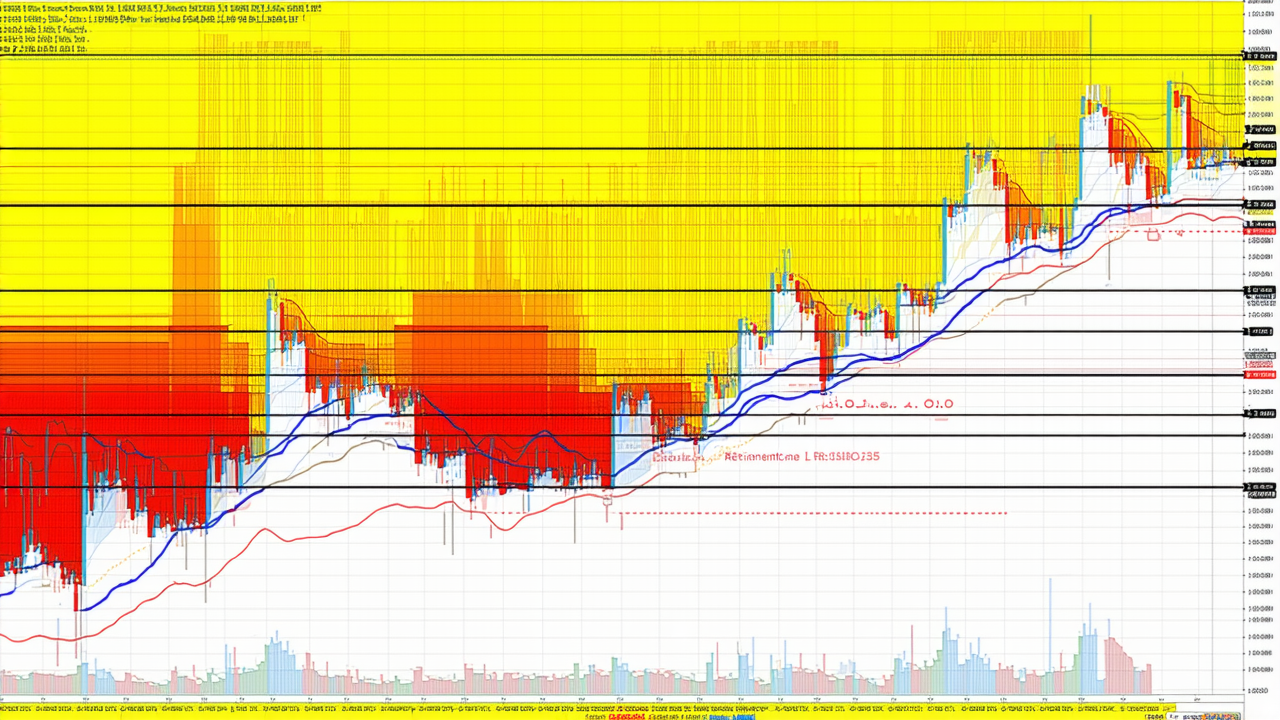Is a Fixed or Variable Annuity the Better Choice This August?
Is a Fixed or Variable Annuity the Better Choice This August?
As the summer of 2025 unfolds, retirees and those nearing retirement are facing a crucial decision: should they invest in a fixed annuity or a variable annuity? With inflation on the rise, interest rates remaining high, and the stock market showing signs of volatility, the choice between these two options has become more significant than ever.
Understanding Annuities
Annuities are financial products designed to provide a steady stream of income, typically used as part of a retirement strategy. They come in two main types: fixed and variable. While both aim to secure your financial future, they operate differently and offer distinct benefits depending on your investment goals and risk tolerance.
Why a Fixed Annuity Could Be the Better Option
Fixed annuities are ideal for those who prioritize safety and guaranteed returns. In today's climate, where interest rates are still elevated, insurance companies are offering competitive fixed annuity yields, often ranging from 5.5% to 6.5% or higher. This makes fixed annuities an attractive option for those looking to lock in current rates before they potentially decline.
Fixed annuities function similarly to a certificate of deposit (CD). You invest a lump sum, and in return, you receive a predictable, set rate of return for a specific period. This predictability can be especially comforting for near-retirees or conservative savers who want to secure their financial future without the uncertainty of market fluctuations.
Furthermore, fixed annuities are currently outperforming traditional fixed-income options like Treasury bonds or high-yield savings accounts. Given the Federal Reserve's signals that rate cuts may be on the horizon, locking in a solid guaranteed return this August could be a timely move.
Why a Variable Annuity Could Be the Better Option
Variable annuities, on the other hand, offer a compelling alternative for those willing to accept market exposure in exchange for growth potential. Unlike fixed products that cap your returns, variable annuities allow you to invest in various sub-accounts, potentially delivering returns that far exceed what fixed rates can offer.
While it may seem counterintuitive, the current high-rate environment actually strengthens the case for variable annuities. As rates decline, the opportunity cost of choosing guaranteed returns over market-linked growth becomes more pronounced. Variable annuities also offer more flexibility in terms of investment options and income timing, allowing you to adjust your strategy as market conditions change.
For younger investors or those with longer time horizons, variable annuities can provide inflation protection that fixed products simply cannot match. While a 5.5% guaranteed rate sounds appealing today, it's important to remember that inflation can erode purchasing power over time. Historically, variable products with equity exposure have provided better long-term inflation hedging.
How to Decide Which Annuity Is Right for You
When deciding between a fixed or variable annuity, consider the following key questions:
- What's your risk tolerance? If you can't risk the impact of market swings, a fixed annuity may offer the stability and peace of mind you need. If you're comfortable with some risk for the potential of higher returns, a variable annuity could work in your favor.
- What's your time horizon? Fixed annuities tend to be the better option for those who are closer to retirement or already retired. If you've got a decade or more before you need the income, a variable annuity might give your money more room to grow.
- Do you need income guarantees? Both fixed and variable annuities can offer lifetime income streams, but fixed annuities make it easier to do the math. Variable annuities can offer income riders, but they come with added complexity and cost.
- Are you comparing fees? Fees on variable annuities can be steep and should be weighed carefully against your expected return. Fixed annuities, by contrast, usually have minimal or no ongoing fees.
The Bottom Line
There's no one-size-fits-all solution when it comes to choosing between fixed and variable annuities, especially in today's economic environment. Fixed annuities could be a strong play in August for those seeking guaranteed returns before interest rates potentially fall. Variable annuities, meanwhile, may appeal to those who want to tap into the market's upside and can tolerate the risk that comes with it.
Whether you're approaching retirement or just trying to create future income streams, the key is choosing the annuity that aligns with your goals and risk comfort. And if you're considering either this month, now is a good time to shop around, because today's rates and market conditions won't last forever.
